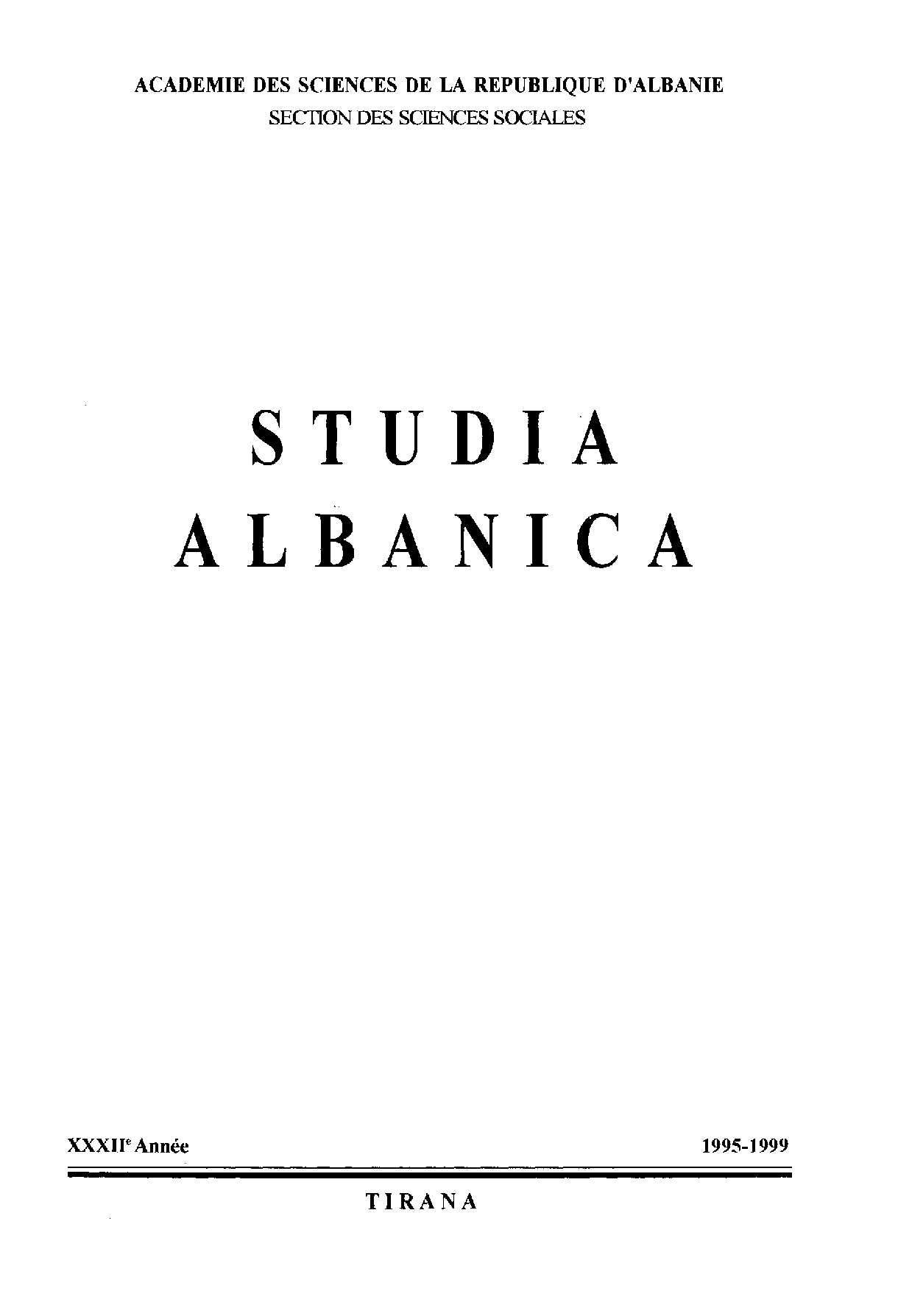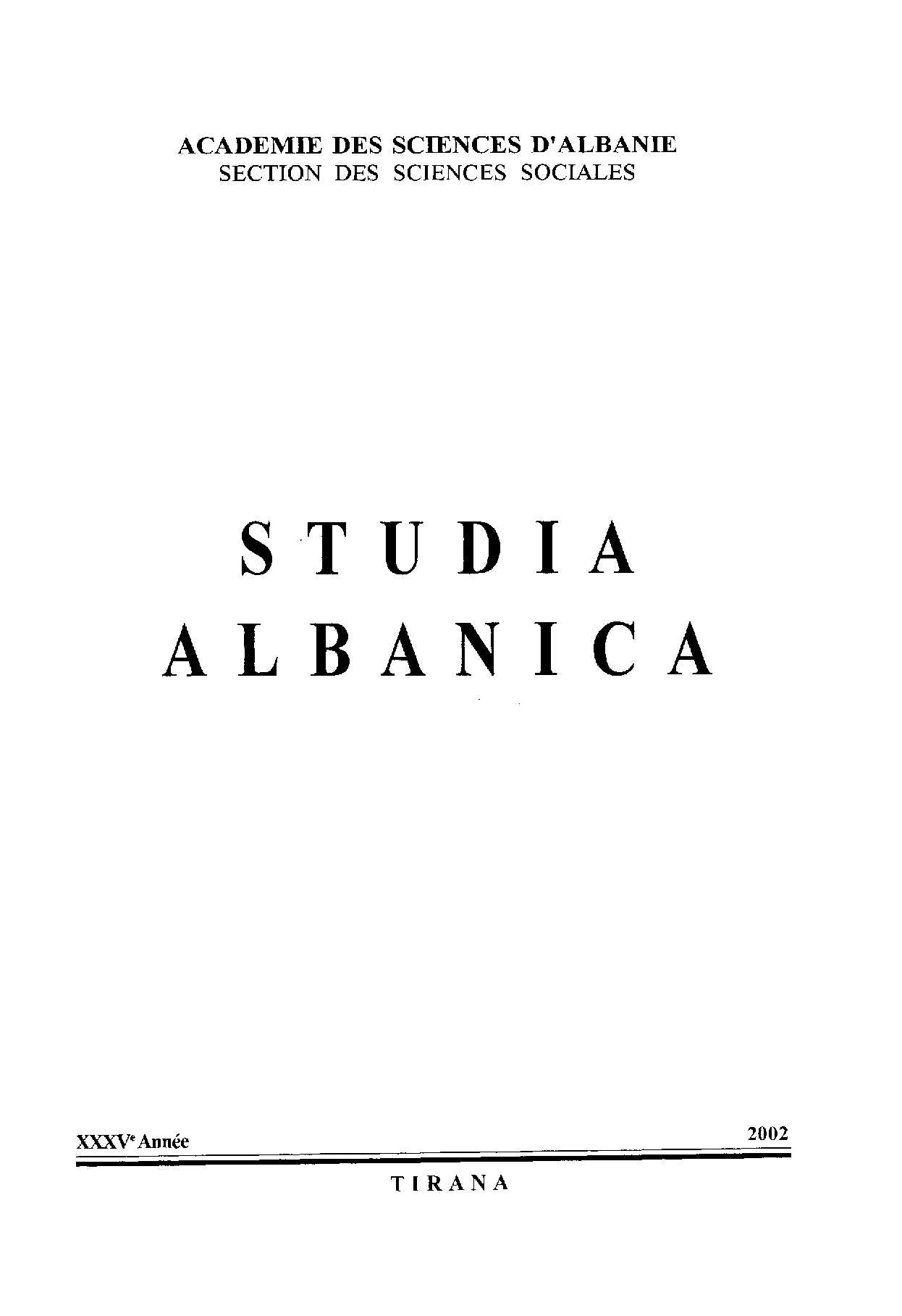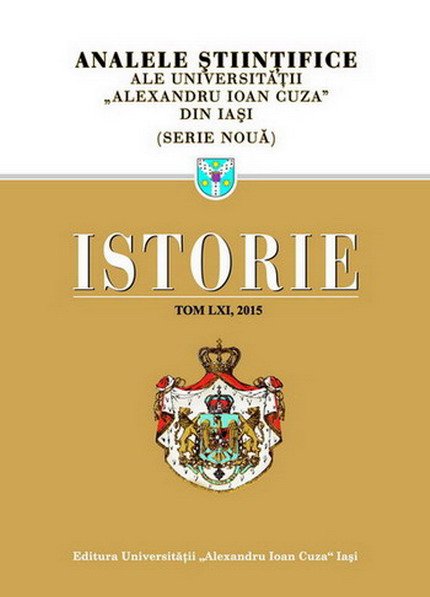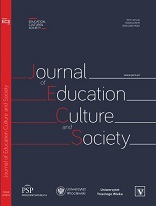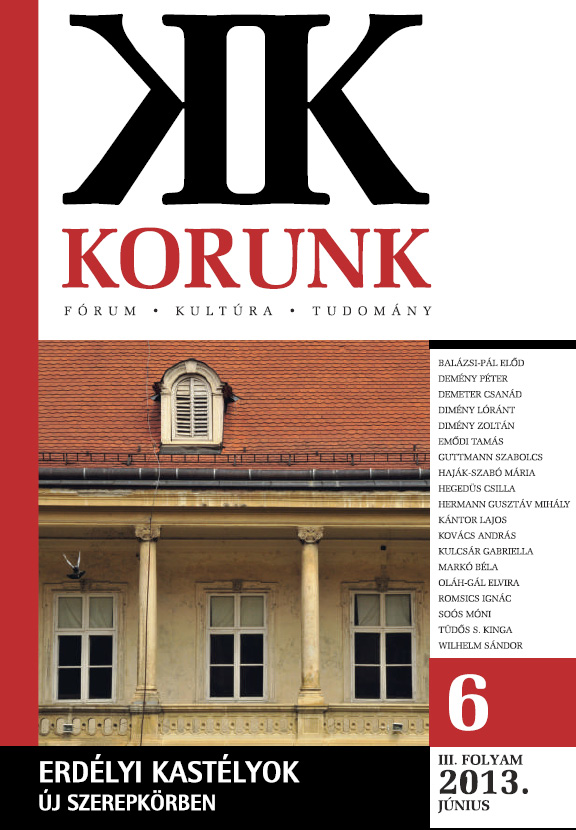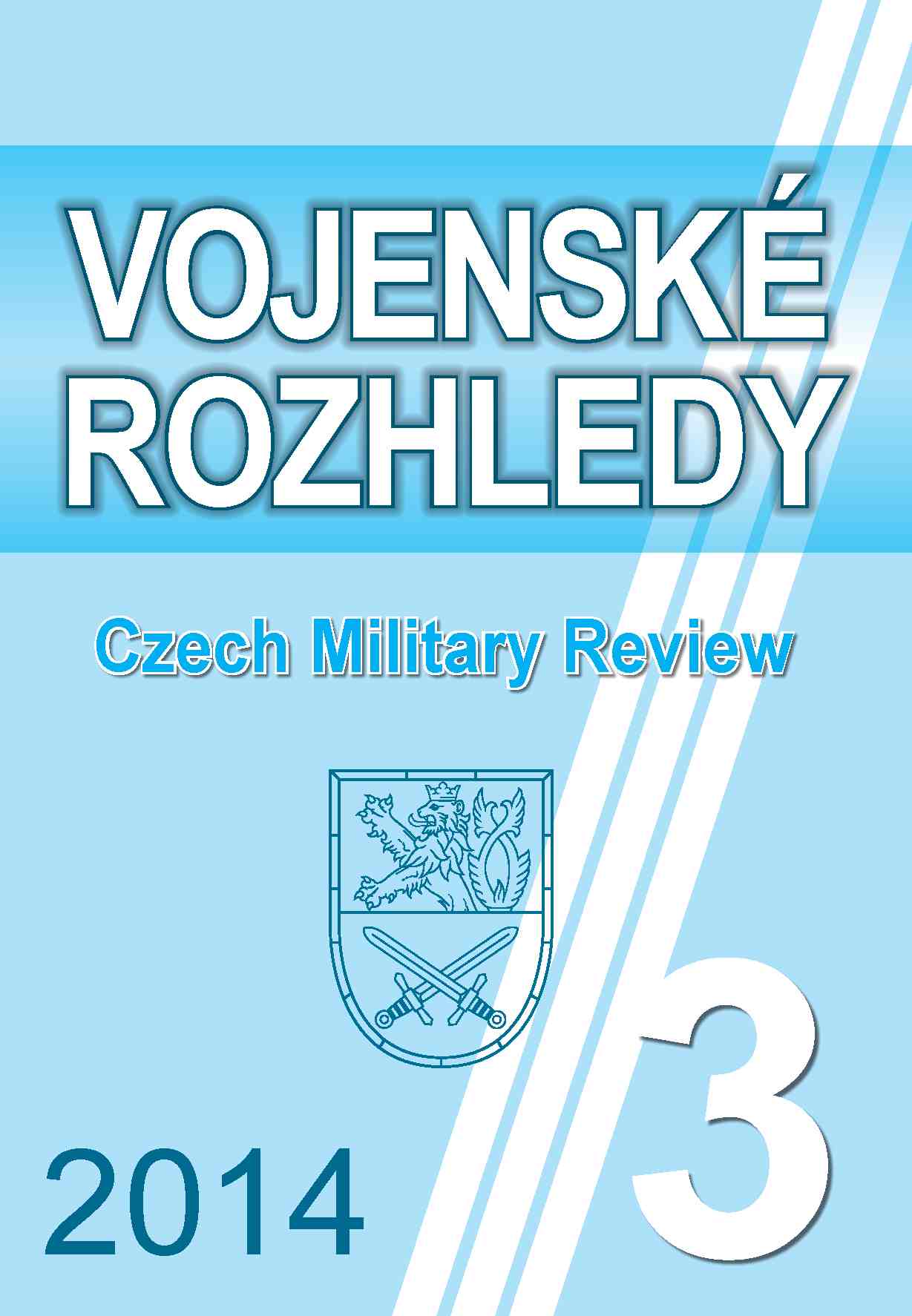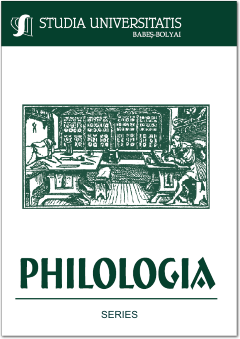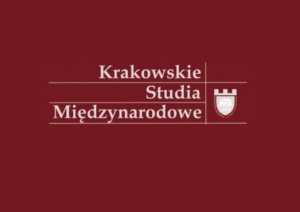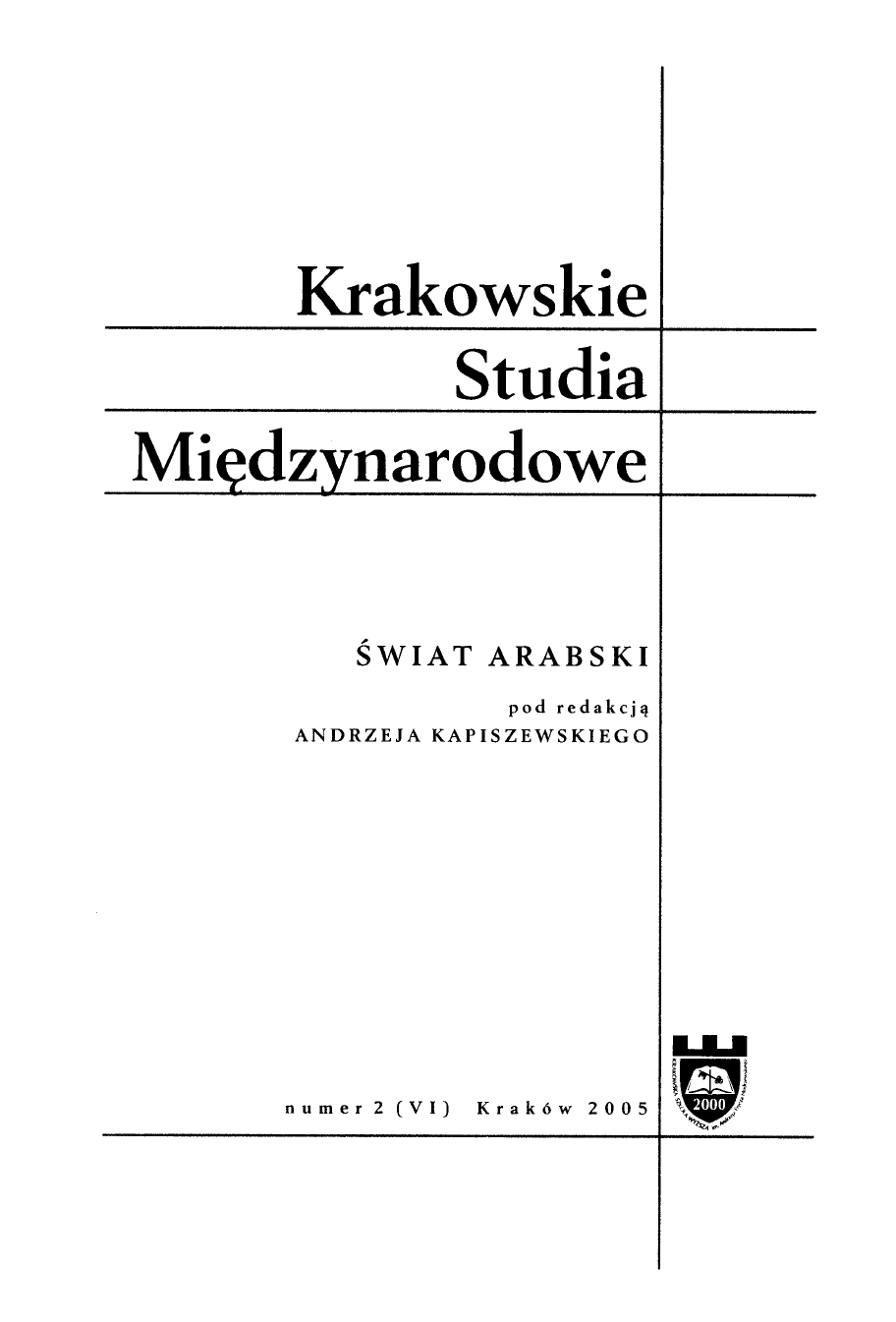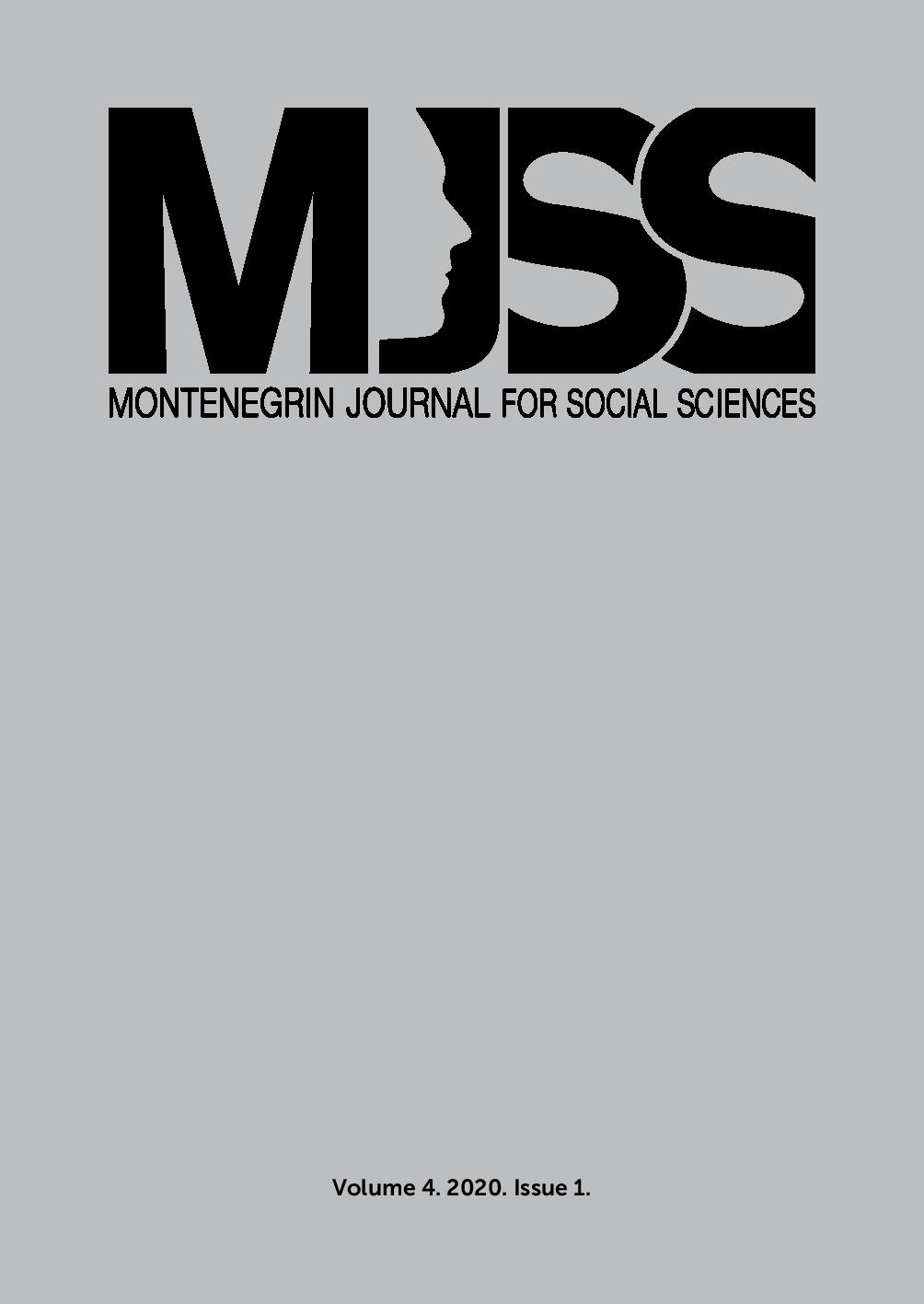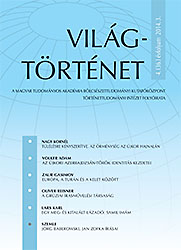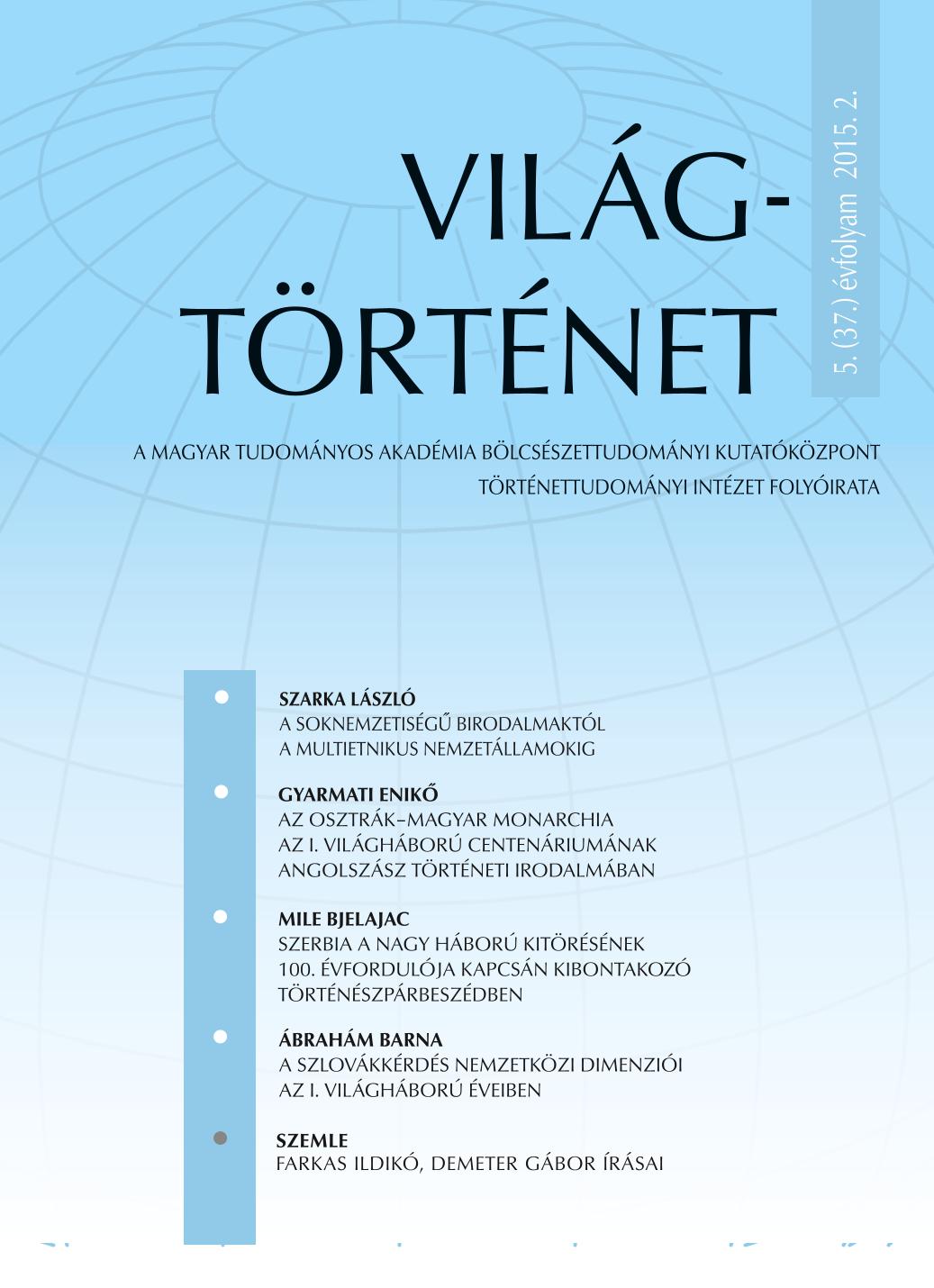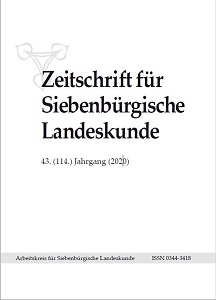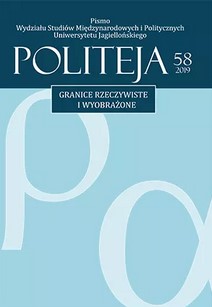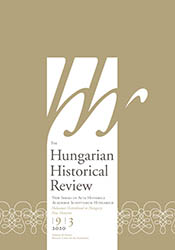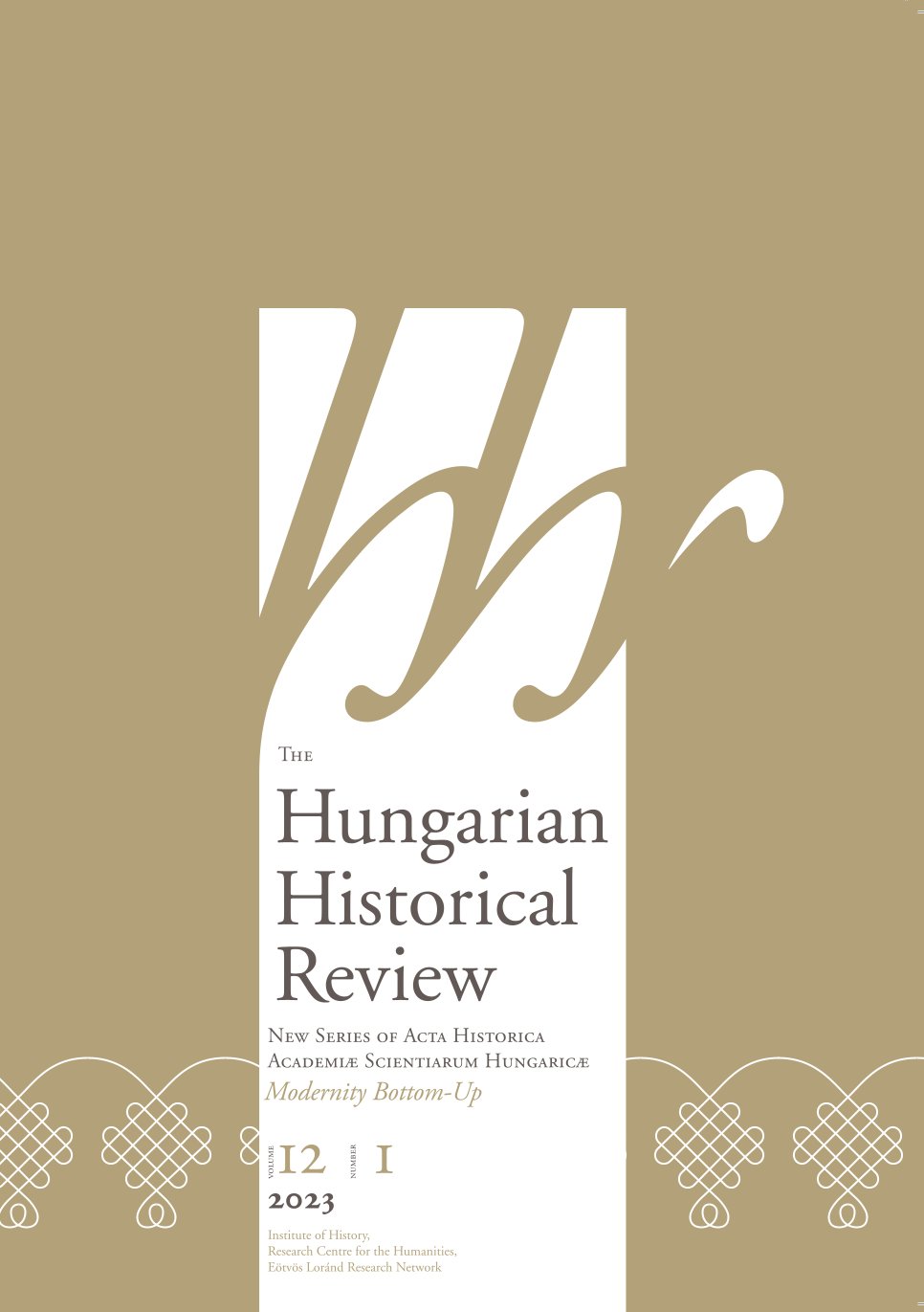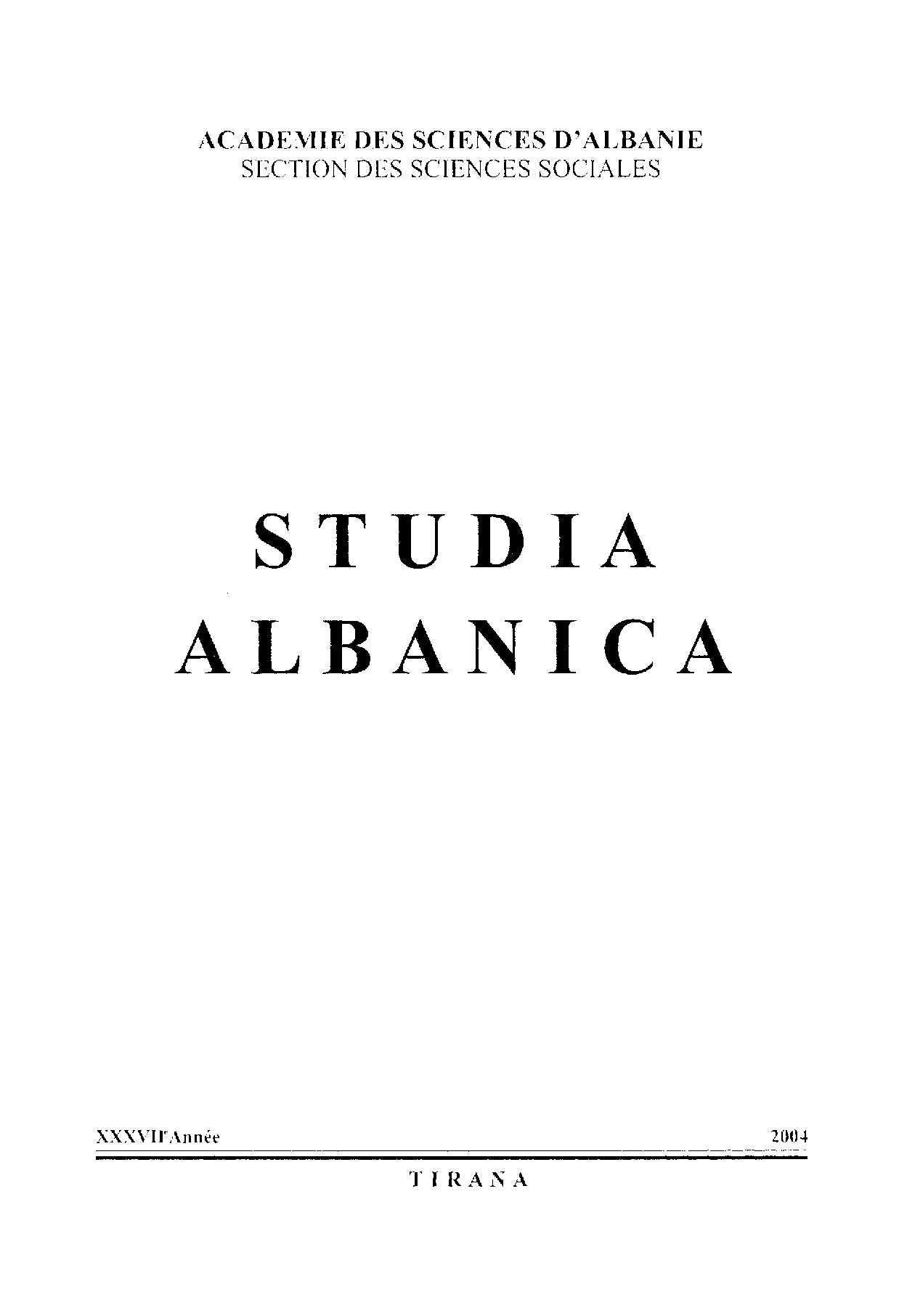
La Renaissance Nationale et l'Ecole Romantique dans la Litterature Albanaise du XIX Siecle
La formation des écoles nationales dans la littérature et les arts de l'Europe du Sud-Est est liée, ici plus ailleurs moins, aux mouvements et aux révolutions nationales dans ces pays. Cette constatation pourrait être prise pour base dans la reconstruction de ce processus si nous nous entendions sur les termes et nous distinguions la conscience populaire proto-nationale d'une Ethnie ou nationalité de la conscience nationale d'une nation à la phase de sa Formation et des mouvements pour la création des États nationaux. De cet aspect, les écoles nationales seraient comprises comme un phénomène historique né aux époques du développement des mouvements nationaux, comme une partie du processus de la formation de la conscience nationale et de l'affirmation de l'identité et de l'intégrité spirituelle de la nation au moyen de la culture.
More...
